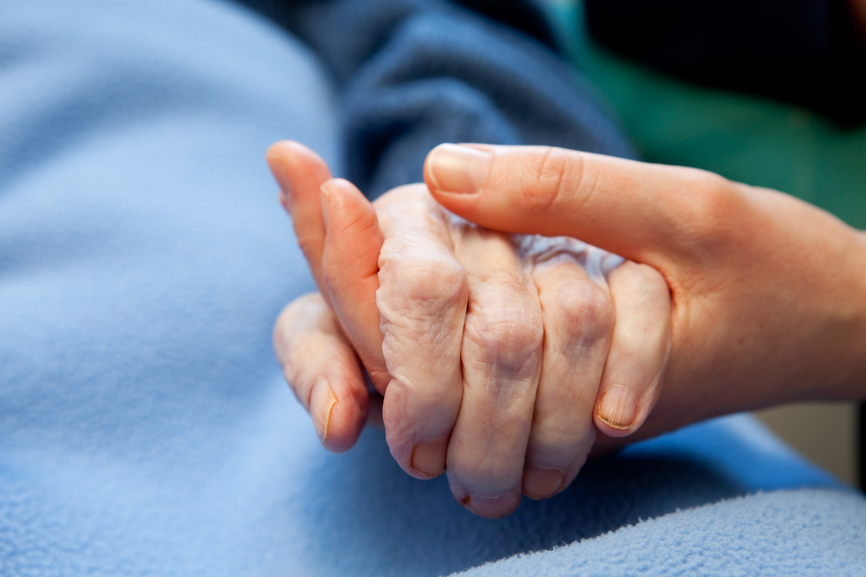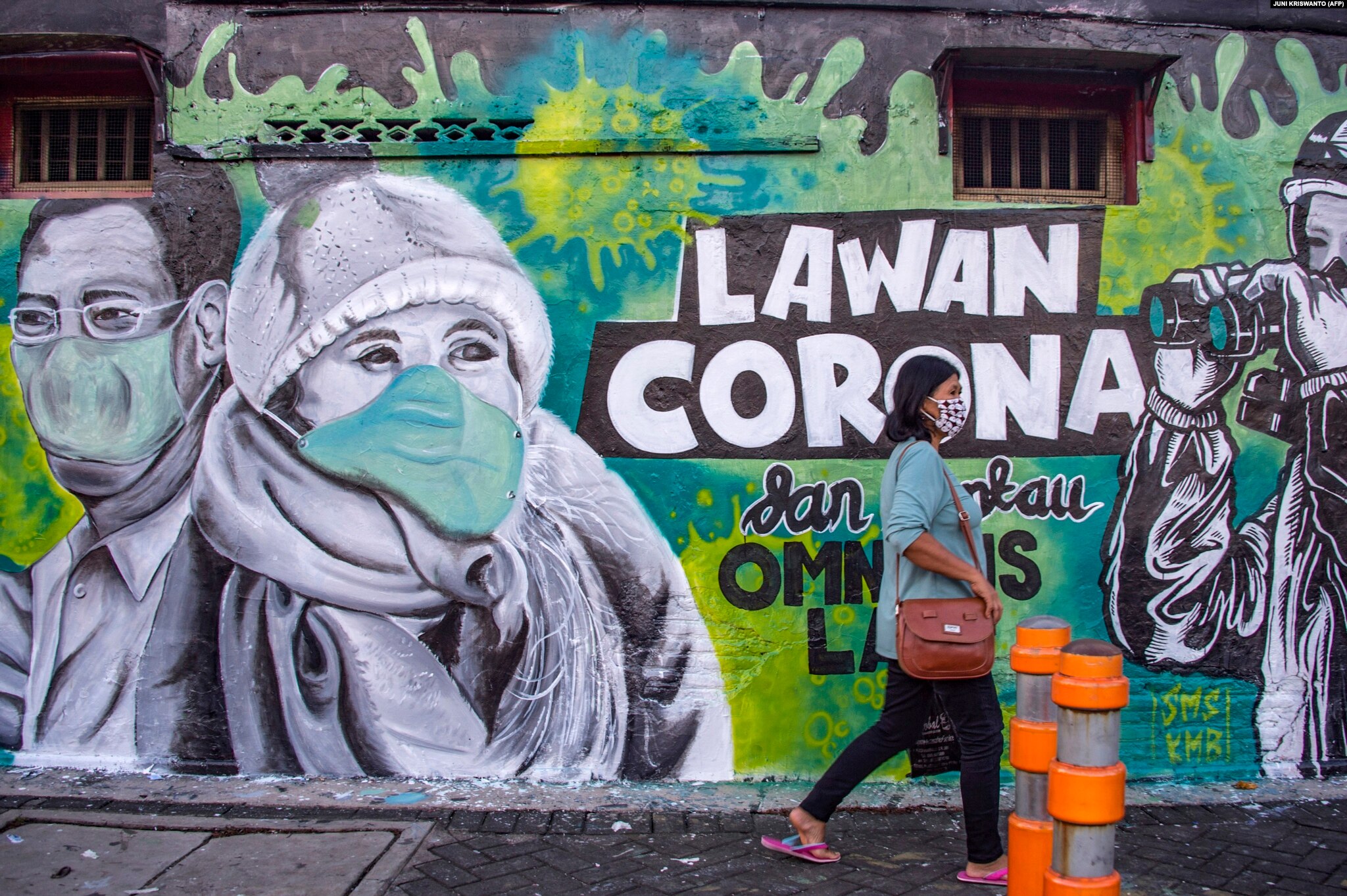Header image from https://www.rferl.org/a/mural-masks-coronavirus-inspires-global-graffiti/30527353.html
It has often been said that these days, young people have no respect for the elderly. To be honest, up until very recently, I wasn’t so sure what people meant by this. I tried to imagine how elderly people were treated in previous generations, while around me I observed my peers helping their grandparents with errands and providing them with companionship and other services. What exactly was my generation doing that was so unprecedented and simultaneously so bad for older folks?
Then the pandemic hit, providing me with better insight into exactly how our elders are viewed and treated by modern society, at least here in the USA. In Los Angeles County, where I reside, it is mandatory to wear face coverings when out in public, and yet there are numerous people who do not abide by this law. What is even more curious, is that wearing such protective equipment is often viewed as a sign of weakness, or even as “alarmist behavior.” I have been in conversations with many people (usually quite young and healthy looking) who explain that I am not in danger of the virus because it mostly affects older people and people with health impairments.
My answer is usually the same: first of all, people within my demographic have suffered and even died from the COVID-19 virus, but perhaps more importantly, I see the wearing of facial coverings as a social duty. We do it not because we believe the end of the world is nigh, but because we want to help reduce suffering and protect society, particularly the most vulnerable in society. I was gobsmacked when a group of young men told me that the only way forward for society is for the young and healthy to carry out their lives exactly as usual, while the elderly and physically impaired should self-quarantine until there is widespread access to a vaccine. Is this really the kind of world we can be proud of?

It’s not to say that at the time of Shakyamuni Buddha, all people treated the elderly with respect. In the Maha-sala Sutta (SN7.14), for example, an elderly and rich Brahmin visits the Buddha in shabby clothes, lamenting that his sons threw him out of their house at the request of their wives. In order to remediate this situation, the Buddha tells him to memorize a verse and repeat it at the town hall, in front of his sons and a large assembly of people. The old man does exactly this and the speech is so compelling (he states that his staff has served him better than any of his sons) that he is invited by his sons to come back to the house and enjoy its comforts.
I like this story because often, when we think of the Buddha, he seems too big of a person to shame others into taking the right action. Yet in this instance he does not hold back, and he advises the Brahman to place trust in the very fact that his sons will take him back once their ungrateful actions are made known to the community. And they do, which leads me to infer that during the Buddha’s time, there was something of a societal obligation to respect and protect our elders. Can we say the same today, when a simple act such as wearing a face covering can protect lives, but many are actively and vocally opposed to it?
In Buddhism it is important to develop insight and compassion, and perhaps instead of wishing that those opposed to wearing protective equipment be shamed into changing their minds, I could ask that they look deeply into what it is that they are truly asking from the most vulnerable in society. For example, what happens if an elderly person self-isolates and has no family or friends to run their errands? And if they do not have the means to pay for these services? How will they get the foods, medication, and other essential items they require to survive? And what happens if they fall ill and need to visit the doctor or a hospital? Is it fair to ask them to step into a world that is rampant with COVID-19, when simple measures can be taken to minimize the spread of the virus?
And perhaps most importantly, do older people and those physical impairments not deserve to come into contact with others (if at a safe distance), to step out into nature and enjoy the soothing benefits that only the sight of a chirping bird, or a blooming flower can offer? I know for a fact that these little moments and pleasures are providing me with the necessary fuel to survive this epidemic. Is this not a gift that we would like all sentient beings to experience?


